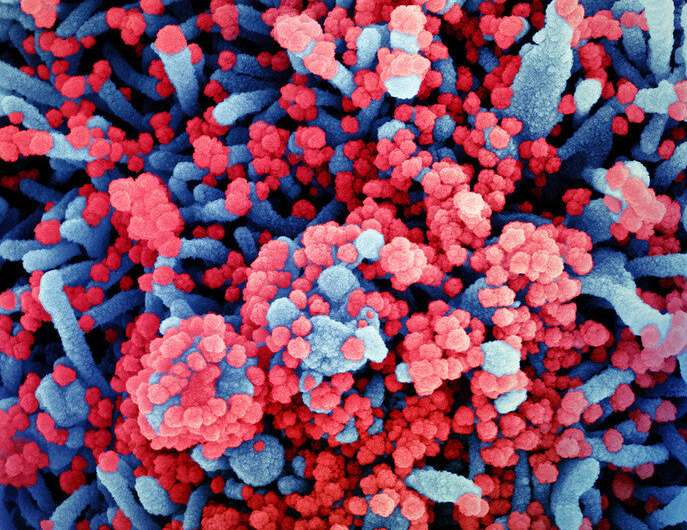Mass home COVID testing is misguided and unlikely to reduce transmission, warn experts

Encouraging self-testing at home twice a week for all adults in England, and soon Scotland, is a misguided policy, unlikely to reduce transmission, warn public health experts in The BMJ today.
"The priority continues to be improvement of the testing programme for everyone with symptoms no matter how minor or non-specific and all their contacts"
Encouraging self-testing at home twice a week for all adults in England, and soon Scotland, is a misguided policy, unlikely to reduce transmission, warn public health experts in The BMJ today.
In an editorial, Angela Raffle and Mike Gill, Public Health Consultants with experience in both communicable disease control and screening programmes, say that the UK is not yet succeeding in testing, and supporting to isolate, everyone with symptoms and their contacts.
Coronavirus tests per case detected are already higher in the UK than anywhere in the world, they write, and the value of adding universal low-risk testing is unknown, yet is being introduced without plans to measure the costs and consequences.
They acknowledge that response in a pandemic requires speed, but say without training and proficiency testing for those taking and reading samples, plus a robust process for ensuring appropriate actions follow a test result, "SARS-CoV-2 self-testing by asymptomatic members of the public is unlikely to reduce transmission."
A key justification cited by government for mass testing of asymptomatic people at low risk is the assertion that "up to one third" of cases are symptomless, they write. Yet evidence is growing that transmission arises overwhelmingly from people with symptomatic infections and their contacts.
The UK is an outlier globally in placing such emphasis on asymptomatic testing, they add, pointing out that the World Health Organization has never advised testing low risk people, and both the EU and the US Centers for Disease Control and Prevention (CDC) recommend screening tests only for those where risk is highest.
They argue that the challenge for the UK now is to use the past year's learning, the new laboratory capacity, and the availability of rapid tests to best effect. "Current efforts are undermined by secrecy, quality failures, underused capacity, and a misplaced focus on low yield uses," they write.
"Both the laboratories and the rapid tests could be targeted to deliver a substantially more effective and cost effective testing service founded on the public service principles of sound evaluation, strong ethics, high quality, and full transparency."
More information: Angela E Raffle et al, Mass screening for asymptomatic SARS-CoV-2 infection, BMJ (2021). DOI: 10.1136/bmj.n1058



















